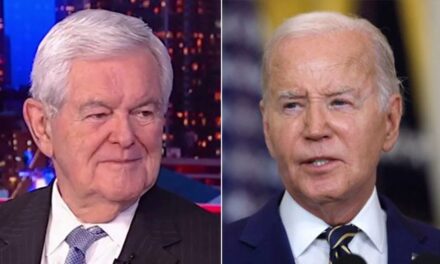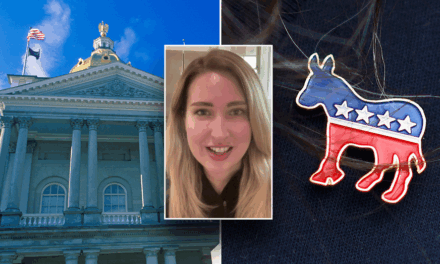In a significant turn of events, Ryan Lizza, a prominent journalist at Politico, has been placed on leave after serious allegations were leveled against him by Olivia Nuzzi, a former romantic partner and celebrated political reporter. The accusations involve harassment and blackmail, linked to an affair with Robert F. Kennedy Jr. These claims have generated substantial controversy and raised important discussions within the journalistic community about ethics and professional conduct.
Olivia Nuzzi, a well-respected journalist herself, took to social media to detail her uncomfortable experiences with Lizza. She described instances of what she saw as harassment and blackmail, shedding light on the darker aspects of her past relationship with him. This revelation has cast a shadow over Lizza’s professional life, prompting Politico to take swift action by putting him on administrative leave pending an internal review.
The controversy further thickened with the involvement of Robert F. Kennedy Jr., a prominent figure known for his outspoken and often controversial stances on various political issues. Nuzzi claimed that Lizza had used their relationship and her connection to Kennedy Jr. as leverage, leading to an environment of intimidation and undue pressure. The allegations suggest a complicated web of personal and professional entanglements that have left many in the media world reeling.
Response from Politico has been prompt yet cautious. In a brief statement, the news organization conveyed that it takes allegations of this nature seriously and is committed to maintaining a safe and respectful workplace for all employees. The investigation into these claims, they assured, would be thorough and impartial. While Lizza is on leave, his position and future at Politico remain uncertain, pending the outcome of these inquiries.
The current predicament has sparked broader conversations about the conduct and responsibilities of journalists. Colleagues and commentators have expressed both shock and concern, noting that the industry must uphold rigorous standards of behavior to preserve public trust in media institutions. The case underscores the need for clear boundaries and ethical guidelines in professional settings, especially concerning power dynamics and personal relationships.
Olivia Nuzzi is no stranger to high-profile stories and has often found herself at the center of political reporting and media circles. Her willingness to come forward with these allegations highlights the persistent challenges women face in the workplace, particularly in industries that demand public accountability and ethical integrity. As the investigation proceeds, many are watching closely to see how both Politico and the broader journalistic community will navigate this complex and sensitive issue.
Ryan Lizza, known for his incisive reporting and political analysis, now faces a crucial moment in his career. The unfolding developments will likely have lasting implications for him personally and for the media landscape more broadly. As the story evolves, the need for transparency, justice, and ethical journalism remains more critical than ever.
The allegations against Lizza by Nuzzi thus not only impact the individuals directly involved but also resonate deeply within the field of journalism, prompting reflection on the values and norms that should guide those who hold influential voices in public discourse.































